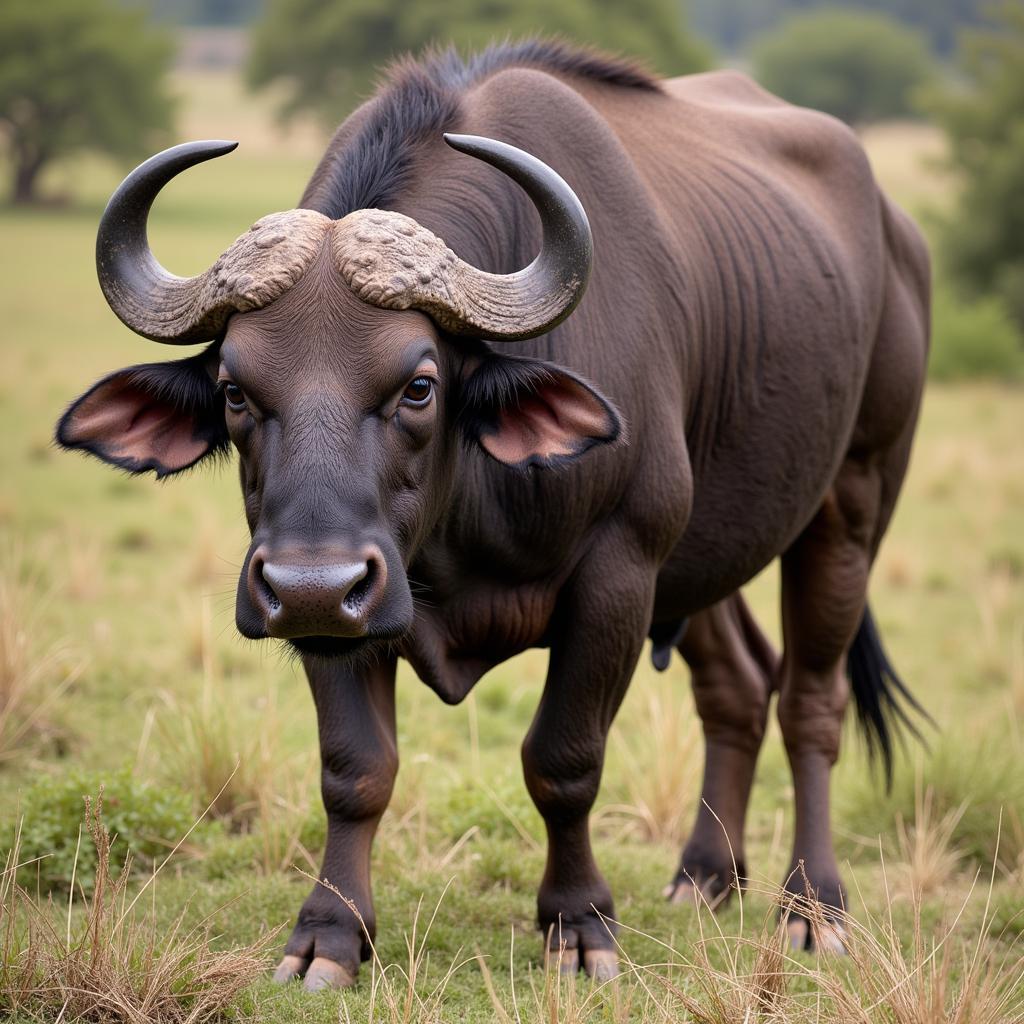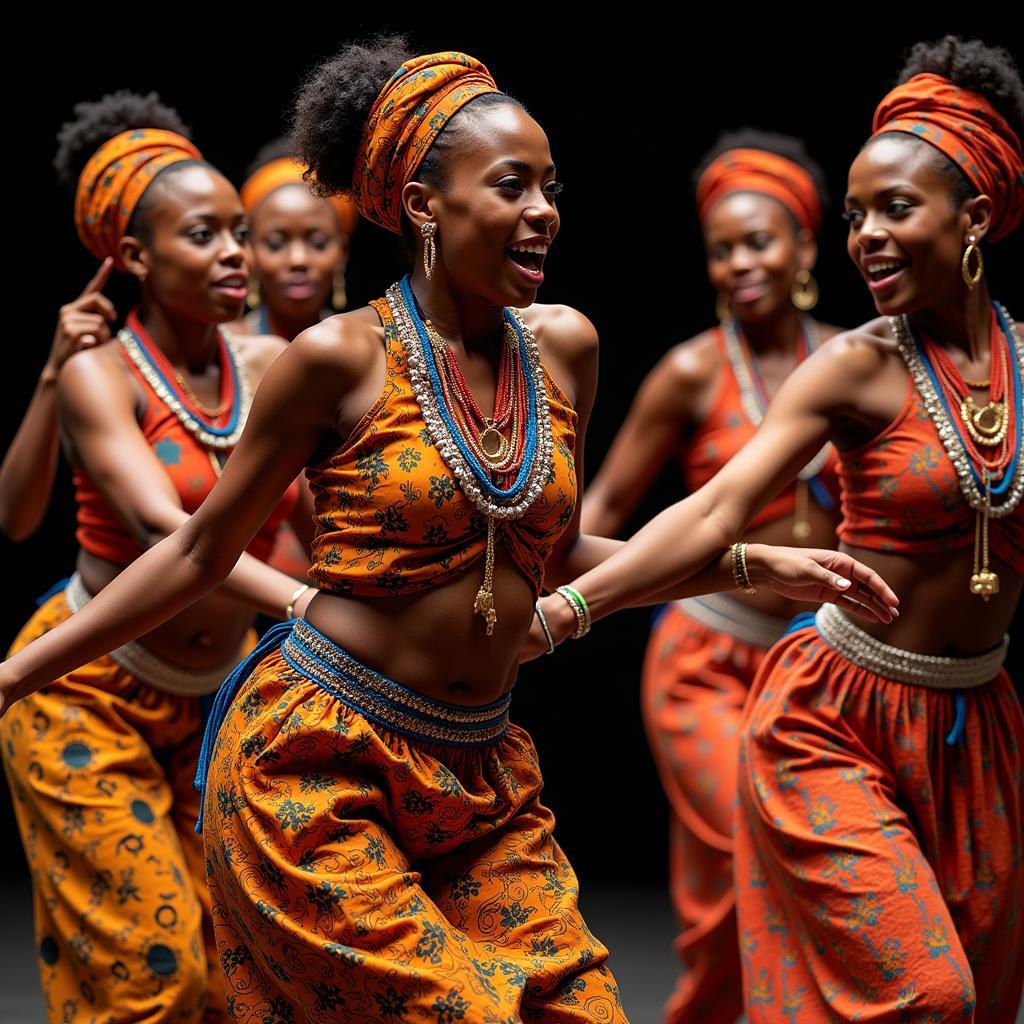Exploring the Vibrant World of African Hip Hop
African hip hop has exploded onto the global music scene, captivating audiences with its unique rhythms, powerful lyrics, and infectious energy. From the bustling streets of Dakar to the vibrant townships of Johannesburg, this genre reflects the diverse cultures, struggles, and triumphs of a continent. This exploration delves into the rich tapestry of African hip hop, examining its origins, evolution, and its profound impact on society.
The Roots and Rise of African Hip Hop
African hip hop didn’t emerge in a vacuum. It’s deeply intertwined with the continent’s rich musical heritage and oral traditions. Drawing inspiration from traditional rhythms, storytelling, and poetry, African MCs began crafting their own narratives, reflecting the realities of their communities. The early days saw artists adapting American hip hop, but soon, a distinct African flavor emerged. Pioneering artists infused their music with local languages, instruments, and social commentary, giving birth to a truly unique sound. This localization was key to its widespread appeal, resonating with audiences who saw their own stories reflected in the music. The rise of cassette tapes and later, the internet, played a crucial role in disseminating this new sound across the continent and beyond.
What are the key characteristics of African hip hop? The genre’s defining characteristic is its adaptability and its ability to absorb and transform influences. From traditional African music to global trends, African hip hop artists seamlessly blend these elements to create something fresh and innovative.
Regional Styles and Influences in African Hip Hop
African hip hop isn’t monolithic. It encompasses a wide range of styles and influences, reflecting the continent’s incredible diversity. From Senegal’s mbalax-infused rap to South Africa’s kwaito-influenced hip hop, each region boasts its own distinct sound. North African hip hop often incorporates Arabic musical traditions and addresses socio-political issues specific to the region. East African hip hop, with its vibrant bongo flava scene, is characterized by its upbeat rhythms and Swahili lyrics. West African hip hop, particularly in Senegal and Nigeria, has gained international recognition for its conscious lyrics and innovative sounds.
Key Players in the African Hip Hop Scene
Numerous artists have shaped the trajectory of African hip hop, pushing boundaries and inspiring generations. Senegalese group Positive Black Soul paved the way for conscious rap, while South African artists like Prophets of Peace and Black Noise challenged apartheid through their music. More recently, artists like AKA, Burna Boy, and Wizkid have achieved global stardom, taking African hip hop to new heights. These artists not only entertain but also act as voices for their communities, addressing social issues and inspiring change. You might be interested in learning more about the history of African beaded headbands.
African Hip Hop’s Social and Cultural Impact
Beyond its musical influence, African hip hop has become a powerful force for social and cultural change. It provides a platform for marginalized voices, addresses social injustices, and promotes Pan-Africanism. The genre has also played a significant role in empowering youth, providing a creative outlet for expression and a sense of community. From promoting education to combating HIV/AIDS, African hip hop artists are using their music to make a real difference in their communities.
How has African hip hop influenced other genres?
The influence of African dark chocolate is evident in other sectors. The rhythmic complexity and lyrical depth of African hip hop have influenced other genres, both within and outside of Africa. Its impact can be heard in everything from Afrobeat to R&B, demonstrating its global reach and artistic significance. As the genre continues to evolve, it promises to inspire and influence music for generations to come. Thinking about visiting the hottest African countries?
Conclusion
African hip hop is a vibrant and dynamic genre that reflects the heart and soul of a continent. From its humble beginnings to its current global prominence, african hip hot has captivated audiences with its unique blend of traditional and modern influences. Its ability to address social issues, empower youth, and promote cultural exchange makes it more than just music; it’s a movement. As African hip hop continues to evolve, it promises to remain a powerful force for change and a source of inspiration for the world. You can learn more about African countries and prime ministers 2018.
FAQ
- What are the origins of African hip hop?
- Who are some of the most influential African hip hop artists?
- How does African hip hop differ from American hip hop?
- What role does African hip hop play in society?
- What are some of the regional variations of African hip hop?
- How has technology impacted the spread of African hip hop?
- What is the future of African hip hop?
Need help?
Contact us 24/7:
Phone: +255768904061
Email: kaka.mag@gmail.com
Address: Mbarali DC Mawindi, Kangaga, Tanzania.


